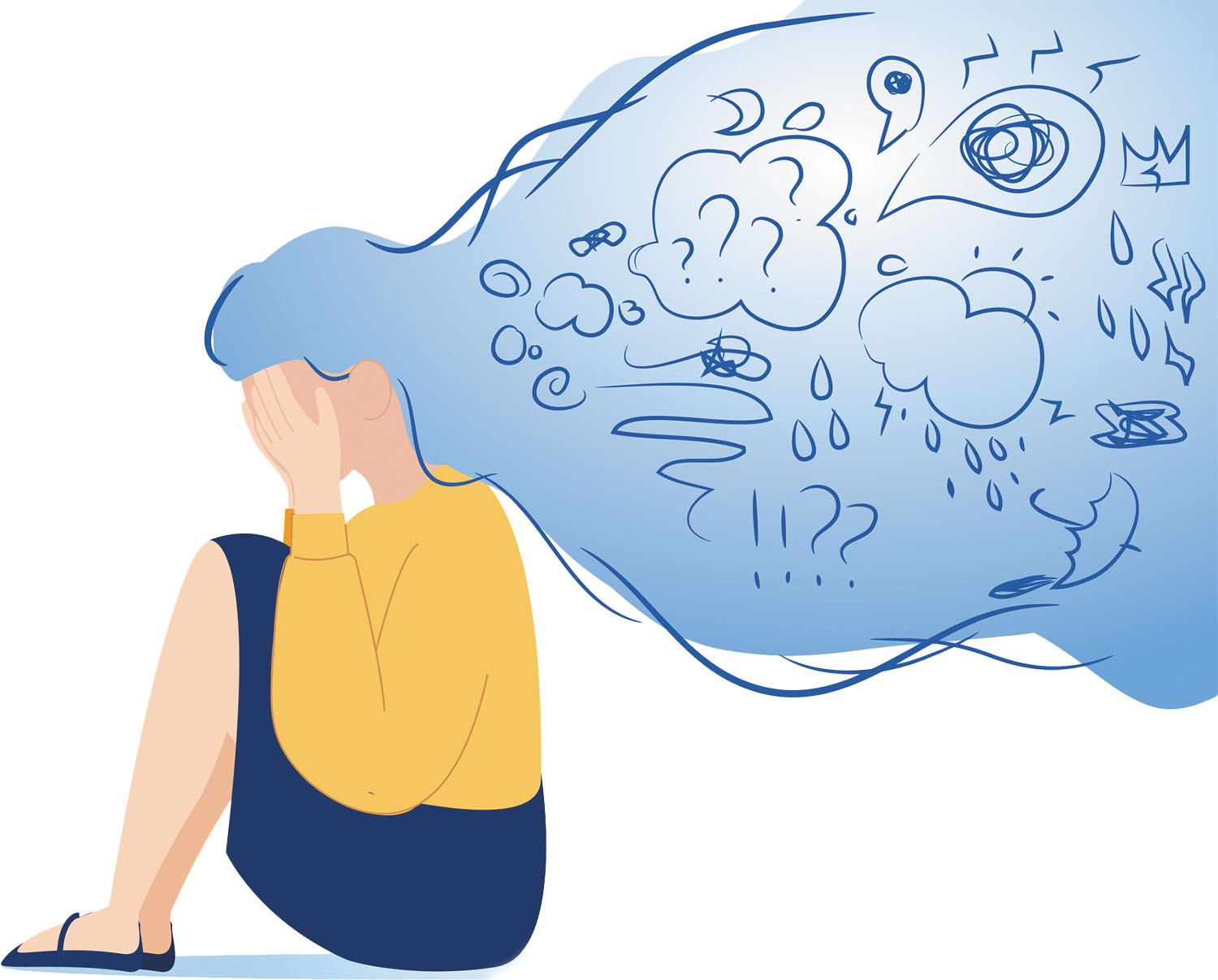
5 timeless habits for better health

What are the symptoms of prostate cancer?

Is your breakfast cereal healthy?

When pain signals an emergency: Symptoms you should never ignore

Does exercise give you energy?

Acupuncture for pain relief: How it works and what to expect

How to avoid jet lag: Tips for staying alert when you travel

Biofeedback therapy: How it works and how it can help relieve pain

Best vitamins and minerals for energy

Should you take probiotics with antibiotics?
Anxiety Archive
Articles
Music as medicine
Music therapy uses personally tailored interventions such as singing, songwriting, playing an instrument, or moving to the beat to help people with a variety of health conditions manage disease symptoms and treatment side effects. Research suggests music therapy can curb stress, soothe pain, promote sleep, reduce anxiety, and improve memory and focus. People interested in accessing music therapy can ask their health care team or hospital for a referral, or look for a music therapist through the American Music Therapy Association.
Recognizing and easing the physical symptoms of anxiety
Anxiety can produce physical symptoms, such as headaches, stomach upset, and tightness in the chest. Sometimes this sets up a vicious cycle, in which anxiety triggers physical symptoms, and the symptoms magnify anxiety, which makes them even worse. Doing distracting tasks or relaxation exercises can help break this cycle. People should seek professional help if symptoms can't be controlled.
Reaching the climax
As they age, men can face obstacles to achieving orgasms during sex, such as anorgasmia (the inability to achieve an orgasm), delayed orgasm (where it takes 30 minutes or longer to climax). Sometimes, lack of arousal is an issue. Men can take steps to help achieve orgasms, such as introducing strategies in the bedroom, such masturbation, using sexual toys, and reading erotica.
Meditation: A heartfelt habit?
A meditation practice may help lower blood pressure and encourage people to make healthier choices when coping with stress. The two best-studied forms are Transcendental Meditation, which may lower blood pressure, and mindfulness-based meditation, which may reduce stress, anxiety, depression, and blood pressure. People can learn how to meditate at in-person or virtual classes or by using an app.
Can your blood tests predict your future risk of stress, anxiety, or depression?
A 2024 study found that people with high blood sugar and high triglycerides are more likely to develop chronic stress, anxiety, or depression later in life, compared with people who have low or normal blood sugar levels.
Social anxiety disorder: Treatments and tips for managing this challenging condition
Many of us experience social anxiety from time to time. But when this social anxiousness causes intense distress and starts to impact daily life, it could be indicative of a common condition called social anxiety disorder.
PTSD: How is treatment changing?
PTSD (post-traumatic stress disorder) is a potentially debilitating mental health condition marked by recurrent, frightening episodes during which a person relives a traumatic event. Newly released guidelines can help guide treatment; they recommend which therapies are most effective, and which are not recommended.

5 timeless habits for better health

What are the symptoms of prostate cancer?

Is your breakfast cereal healthy?

When pain signals an emergency: Symptoms you should never ignore

Does exercise give you energy?

Acupuncture for pain relief: How it works and what to expect

How to avoid jet lag: Tips for staying alert when you travel

Biofeedback therapy: How it works and how it can help relieve pain

Best vitamins and minerals for energy

Should you take probiotics with antibiotics?
Free Healthbeat Signup
Get the latest in health news delivered to your inbox!
Sign Up









